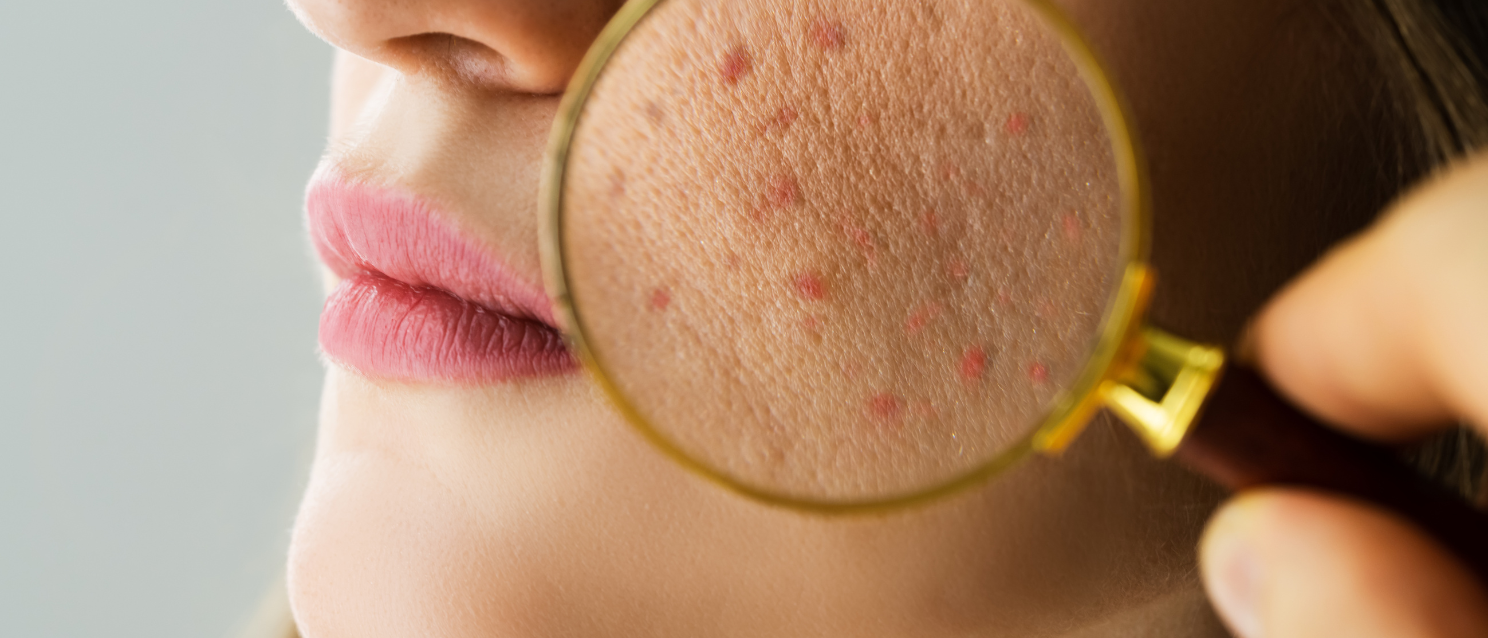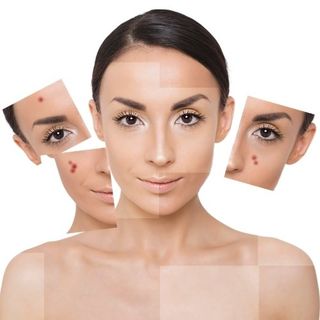You Can Have Great Skin at Any Age
Your skin can be a good indicator of what is happening on the inside of your body. For example, it is hard for your skin to look smooth and soft if the remainder of your body has inflammation.
Imbalances of many hormones can be mirrored in your skin.
For example, if your testosterone levels are too high this could result in acne. Alternatively, if your testosterone levels are too low this can result in sagging skin. And if your hormones are not balanced you may develop Rosacea which is an inflammatory skin condition.
Collagen, which keeps your skin firm and strong, requires Vitamin C to be made, so if your Vitamin C levels are low your skin may age. The amount of collagen in your skin is also maintained by oestrogen and decreases after menopause.
Saliva hormone testing is most reflective of what’s going on with your hormones at a tissue level; this can be addressed by having an appointment with myself.
The ageing process causes a decrease in your body’s ability to stay moisturised due to a decline in the making of essential fatty acids. Therefore, it is important to take omega-3-fatty acids on a daily basis to keep your skin hydrated and to maintain a moist, youthful appearance. As your body ages your supply of antioxidants also declines. The process of oxidation causes the fatty membranes of your cells to become more permeable which causes you to lose moisture, your skin will become dehydrated, and this causes your skin to age.
Include foods in your diet are high in antioxidants e.g highly coloured fruits and vegetables (strawberries, broccoli etc), oily fish (salmon and sardines), fish oils, olive oil and raw almonds.
Lesley Oakes
ND, ABAAHP
Lesley is a Naturopath and board certified Anti-Ageing Health Practitioner with the Australian Academy of Anti-Ageing Medicine. Lesley is also Australia’s first Naturopath to achieve board certification from the American Academy of Anti-Ageing Medicine, is a Fellow of the Australian Natural Therapists Association and a qualified Thyroflex Technician.









